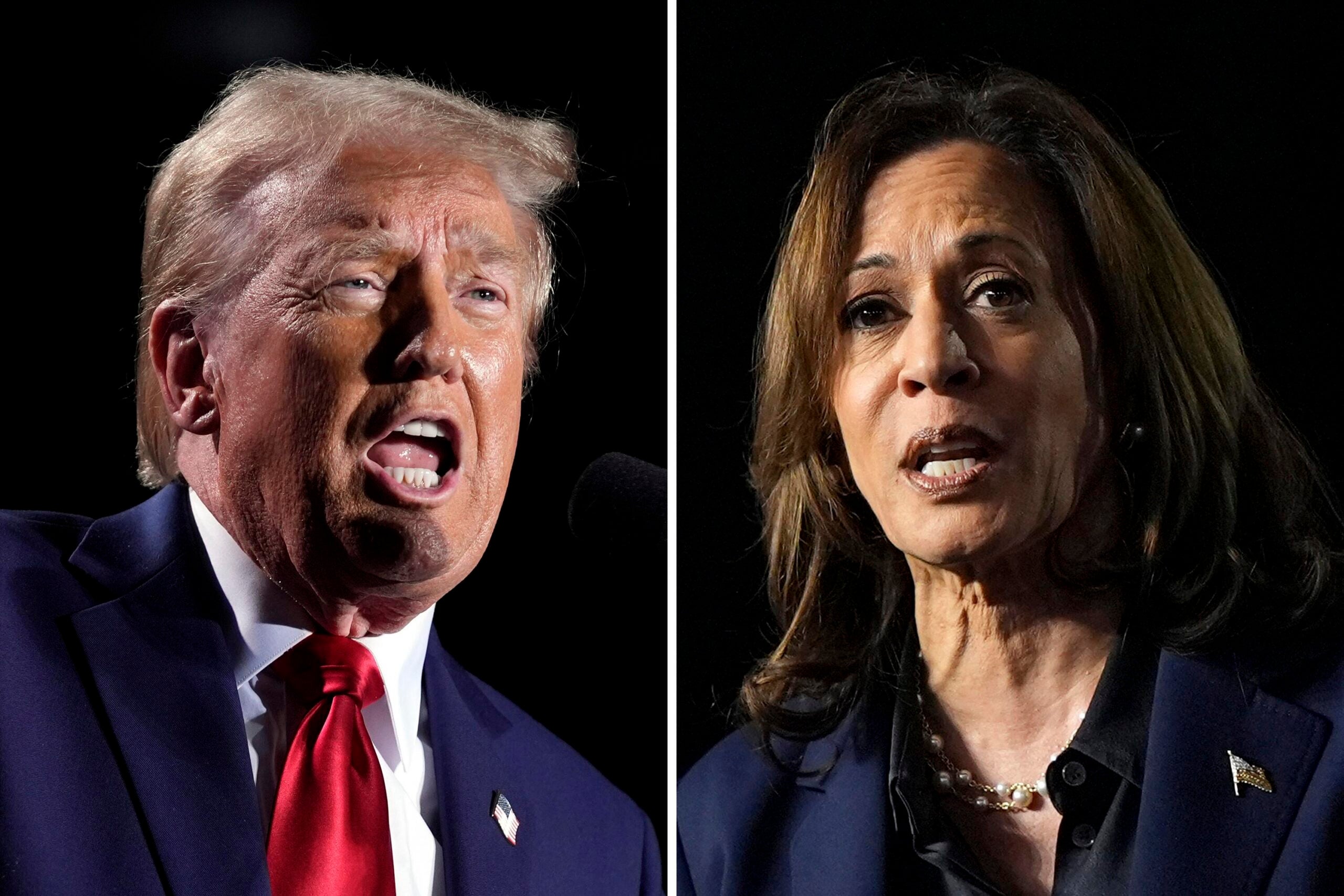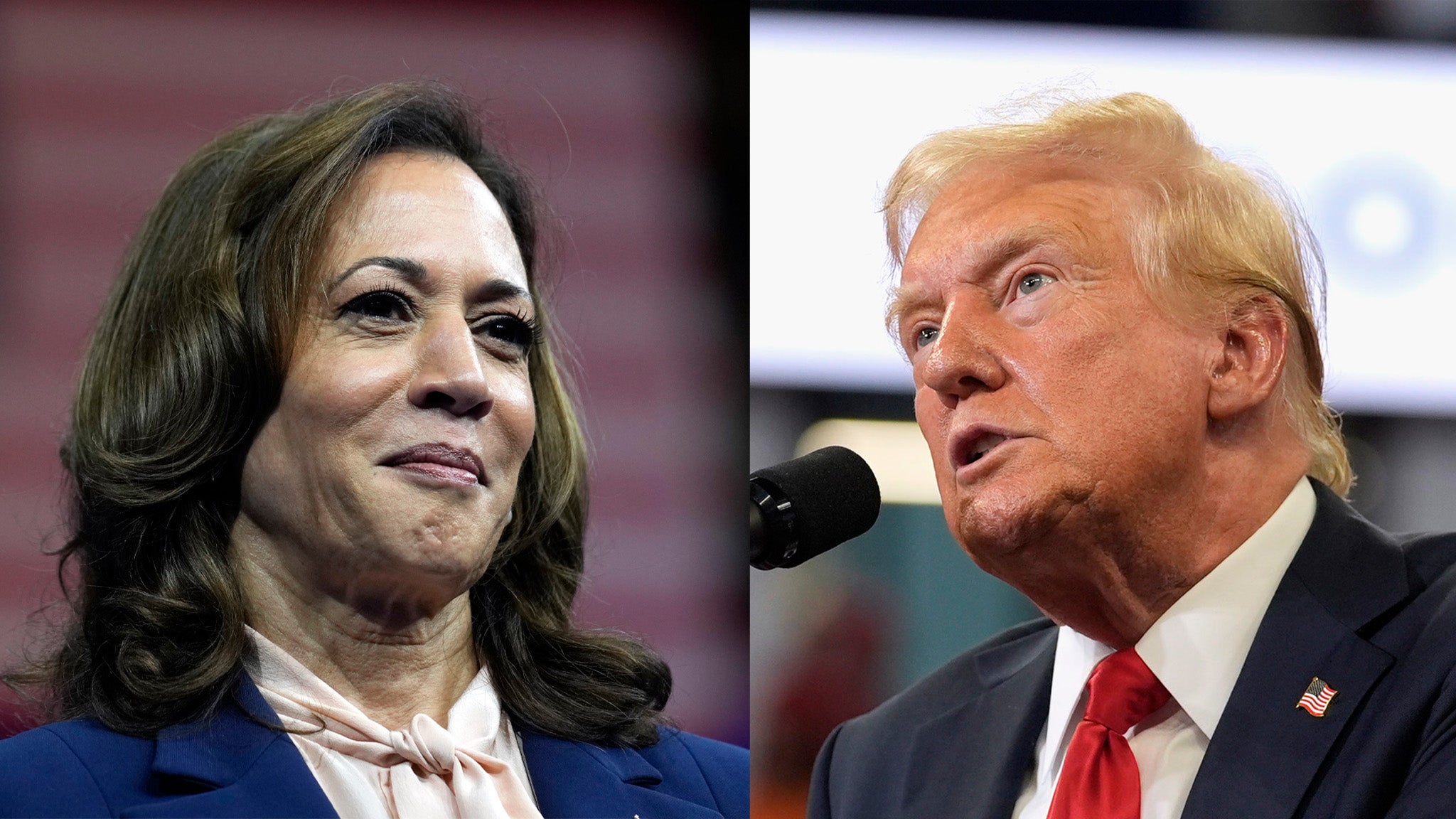Republican Gov. Scott Walker won re-election on Tuesday over Democratic challenger Mary Burke with strong backing from men, independents and people worried about the direction of the nation, surviving a drop in support from some key voter groups, according to preliminary results of an exit poll.
Here are key findings from the poll conducted for The Associated Press and television networks:
WALKER STRENGTHS: Walker led among whites, getting votes of nearly two-thirds of white men, and was the overwhelming favorite of self-described conservatives and a smaller majority of independents. He did well with voters whose annual incomes exceed $50,000, those who attend religious services at least once a week and those who are married.
Stay informed on the latest news
Sign up for WPR’s email newsletter.
BURKE STRENGTHS: Roughly nine in 10 blacks favored Burke, who also carried a slight majority of moderates and unmarried voters and got solid backing from those with annual incomes of less than $50,000.
GENDER GAP: There were slightly more female than male voters, but Walker’s three-in-five majority with men was bigger than the majority Burke built among women. His support among men was 3 percentage points higher than during his 2010 election, mostly offsetting a drop of 4 percentage points in his backing from women.
ON THE ISSUES: About half of Wisconsin voters chose the economy as the most important issue facing the nation, and they were about evenly divided between the two candidates. Those who picked health care supported Burke, while Walker carried those most concerned about illegal immigration and health care. A slight majority of voters said the 2010 federal health care law didn’t go far enough or was about right, and they went strongly with Burke while those who said the law went too far went overwhelmingly with Walker.
A slight majority favored making same-sex marriage legal in the state, with about two-thirds of supporters voting for Burke and seven in 10 opponents backing Walker. Burke won a majority among the two-thirds of voters who supported raising the minimum wage; seven in 10 who opposed it supported Walker.
VOTERS’ MOOD: Nearly two-thirds said the nation was on the wrong track, and they favored Walker by a similar margin. He also prevailed among the majority who said government does too many things better left to businesses and individuals, while those favoring more government action supported Burke.
About eight in 10 said they were worried about the nation’s economy over the next year, with a majority of them favoring Walker. Yet about four in 10 said the economy and job situation had improved in their area in the past four years. They went strongly with Walker, while Burke was preferred by smaller groups that said the situation close to home was about the same or worse.
Voters were equally unhappy with President Barack Obama and Republican leaders in Congress. They were split over whether Walker and Burke had high ethical standards.
UNION MEMBERS: Walker’s bruising battles with organized labor cost him but wasn’t fatal. About two in 10 voters said they had union members in their household, and about two-thirds supported Burke. Walker’s union support was 3 percentage points lower than in 2010. But he won a solid majority among non-union-household voters.
A slight majority had an unfavorable opinion of unions for government workers.
PRESIDENTIAL MATERIAL? Walker may have won re-election but has yet to convince Wisconsin voters he should aim higher, as a majority said he would not make a good president. Voters were about evenly divided when asked the same question about Rep. Paul Ryan.
GEOGRAPHICAL DIVIDE: Walker prevailed in suburban and rural areas and small towns, while Burke was strong in cities of over 50,000 residents. Burke’s power centers were Milwaukee County and southwestern Wisconsin; Walker carried other regions.
The preliminary exit poll of 2,313 Wisconsin voters was conducted for AP and the television networks by Edison Research. This includes preliminary results from interviews conducted as voters left a random sample of 35 precincts statewide Tuesday. Results for the full sample were subject to sampling error of plus or minus 4 percentage points; it is higher for subgroups.
©Copyright 2014 The Associated Press. All rights reserved. This material may not be published, broadcast, rewritten or redistributed.
Wisconsin Public Radio, © Copyright 2025, Board of Regents of the University of Wisconsin System and Wisconsin Educational Communications Board.



